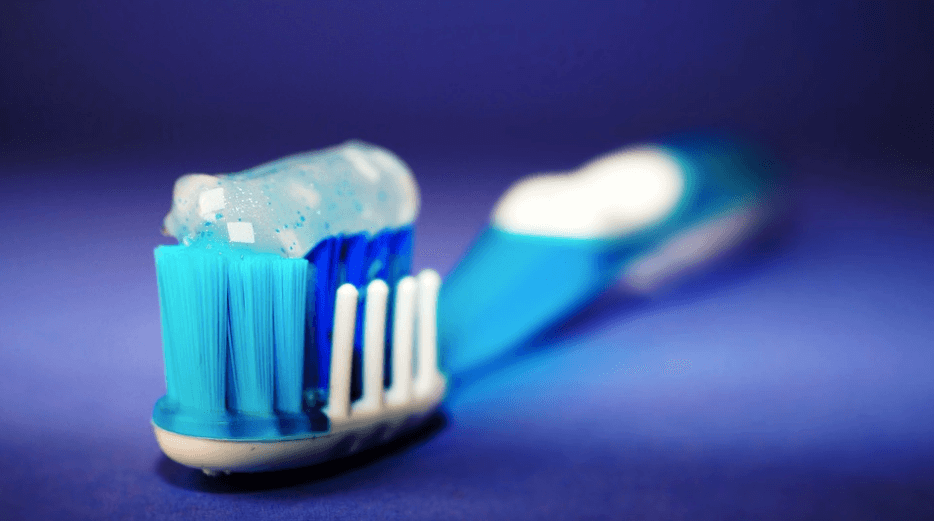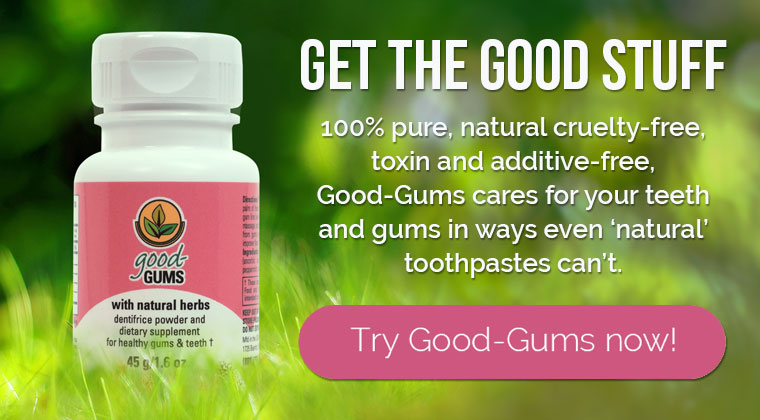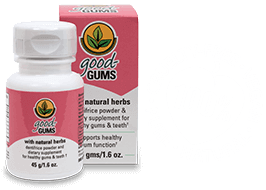What’s the Problem With Glycerin In Toothpaste?

“What is the problem with glycerin?” we hear you wondering. ”Isn’t it supposed to be natural?”
Let’s take a look.
Glycerin is commonly known for its use in cosmetic and personal skincare products. Even though it’s a natural product derived from plant oils, it is an ingredient that stirs up quite a bit of debate.
As a humectant, glycerin works to preserve moisture in order to prevent products from drying out. Hence it is used in toothpaste to create that smooth texture most people are so fond of.
The problem with glycerin though is that it leaves a coating on the teeth that according to Dr. Gerard Judd, Ph. D, “takes 27 washes to get it off”.
Dr. Gerard Judd, Ph. D, also states that “teeth brushed with any toothpaste are coated with a film and cannot properly remineralize”.
And not only does glycerin inhibit the natural process of remineralization, but it is also a magnet for plaque. Even if someone’s diet is relatively healthy, the problem with glycerin based toothpastes is that they create conditions for accelerated tooth decay or cavitation in our mouths.
Out of all the natural ingredients in toothpaste, this by far is the worst for your oral health. You may think you’re doing the healthy thing by choosing a natural toothpaste, but if it contains glycerin, we’re sorry to say, it’s completely counterproductive.
“You gotta give up the paste if you want to cure your tooth and gum problems”
Isabelle Dunkeson, the creator of our all-natural tooth & gum powder, says that we’ve got to “give up the paste” if we want a healthy mouth. She goes on to say that glycerin “forms an invisible coating that doesn’t let nature work.” It literally stops our body’s ability to heal itself.
And with over 80% of Americans struggling with gum disease, it’s obvious that what people are doing isn’t working. Maybe the answer to gum problems really is as simple as swapping your toothpaste for a natural tooth powder?
Going Back to basics
After suffering from terrible toothaches and gum problems, Isabelle decided to take matters into her own hands by creating a tooth powder that could “work with the body’s natural ability to heal itself”.
Our gums are very sensitive and are some of the most absorptive tissues in the body, so it is important that we feed them with vitamins and nutrients that aid the regeneration process and give them the breathing space to do so.
Good-Gums uses 100% natural ingredients, which are easily absorbed into your gums and actually help cells regenerate even more effectively, therefore helping to significantly improve all teeth and gum problems.
Isabelle is adamant that if we stop using toothpaste, our oral health will see dramatic improvements.
Don’t believe us until you try it for yourself. Order your first bottle here.

Subscribe To Our Newsletter
Be the first to receive all our news, offers and natural oral health tips and articles.



I get sick of the arrogance of conventional medicine and dentistry pouring scorn and contempt on natural remedies. Of course they’ll do this to disempower people so that they’ll continue to hand over responsibility for their own health to these so-called doctors and dentists, who require this power in order to make a living …(or a killing in a lot of cases). I will never again in my life, risk allowing a dentist to wreck my teeth as I have in the past. I don’t use shop bought toothpaste or mouthwashes anymore but make my own from natural ingredients and my teeth have never felt stronger or looked better; -those teeth haven’t been riddled with fillings that is. Ayurvedic dentistry and medicine, like Hippocrates, teach that nature/diet is the healer. But that would never do for big money-making Organisations like big Pharma and the healthcare industry. Heaven forbid that people should ever be sufficiently empowered to be responsible for their own health and well-being. -That would just be too bad for business!
I know for a fact that cavities can heal with diet and natural external treatments because it’s worked for me, as it has for many other people.
Could someone please explain please what are the proofs about glycerin? I couldn’t find a single scientific source. We know for sure that glycerin is miscible with water and is hygroscopic in nature. Due to having antimicrobial and antiviral properties it is widely used in FDA approved wound and burn treatments. It can dissolve dental plaque. How can glycerin create a dental biofilm? Is it possible at all? Soap and oils are much more dangerous in this logic because they are not soluble in water?
Hi Stelian,
Thanks for your message. Below, you will see the scientific source that states how glycerin hinders remineralisation of dentin:
Operative Dentistry, 2005, 30-5, 608-616
The Effect of 10%
Carbamide Peroxide,
Carbopol and/or Glycerin on
Enamel and Dentin Microhardness
RT Basting • AL Rodrigues, Jr • MC Serra
“Glycerin also presented slight decreases in microhard-
ness for sound enamel and dentin, similar to the effect
of carbamide peroxide. It could act as an adsorbed layer
barrier to artificial saliva and to a remineralizing effect.
For demineralized enamel fragments, treatment with
all agents and daily immersion in artificial saliva con-
tributed to a remineralization process shown as an
increase in microhardness values.”